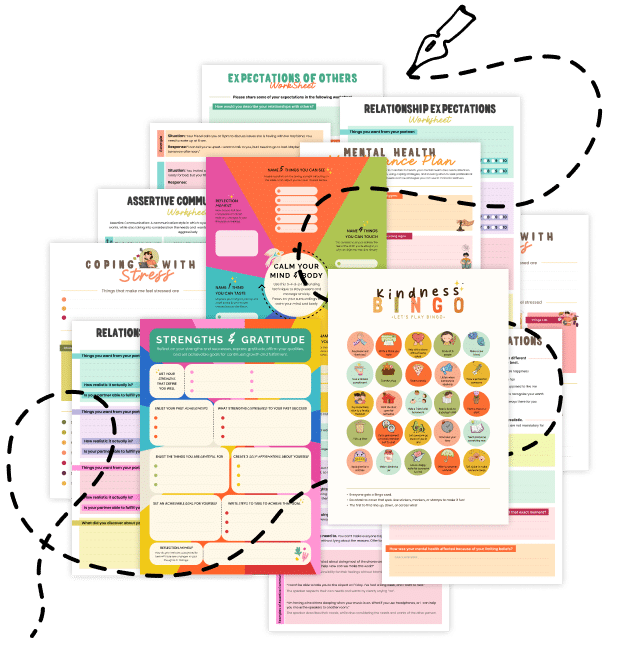20 Things You Should Know About Sleep Inertia
Discover Sleep Inertia—what it is, why you feel groggy after waking up, and practical strategies to overcome it. Explore 20 key insights to boost your morning clarity and overall well-being.
1. What Is Sleep Inertia?
Sleep Inertia is the transitional state of grogginess and reduced cognitive performance you experience immediately after waking up. It can affect your mood, decision-making, and overall alertness for several minutes to even hours.
2. The Groggy Feeling
During sleep inertia, you might feel disoriented or sluggish. This state can impair your ability to perform tasks that require full attention and quick reactions.
3. How Long Sleep Inertia Lasts
The duration of it varies by individual and circumstances. While some people recover in a few minutes, others may experience effects for up to 30 minutes or longer.
4. Underlying Causes
It is thought to result from the brain’s gradual reactivation upon waking. Transitioning from deep, slow-wave sleep to full wakefulness takes time, which contributes to the groggy sensation.
5. The Impact on Cognitive Performance
During sleep inertia, functions like memory, attention, and reaction time can be compromised. This can be critical in situations that demand quick decision-making, such as driving or operating machinery.
6. The Role of Sleep Cycles
Waking up during a deeper sleep stage, especially slow-wave sleep, can intensify sleep inertia. Aligning your wake-up time with lighter sleep stages may reduce its impact.
7. Importance of Sleep Hygiene
Good sleep hygiene—consistent sleep schedules, a cool, dark environment, and limited screen exposure before bed—can help reduce the severity of sleep inertia by promoting a smoother transition between sleep stages.
8. Natural Light Exposure
Getting exposure to natural light soon after waking can help reset your internal clock. Bright light signals your brain to shift into a more alert state, easing the effects of sleep inertia.
9. The Role of Caffeine
Caffeine, when consumed in moderation, can counteract sleep inertia by stimulating alertness. A cup of coffee shortly after waking can help accelerate your transition to full wakefulness.
10. Gentle Movement
Engaging in light physical activity—such as stretching or a brief walk—can help increase blood flow and shake off the grogginess associated with sleep inertia.
11. Gradual Wake-Up Routines
Instead of an abrupt alarm, consider a gradual wake-up routine with a sunrise alarm clock or soft music. This gentle transition can minimize the shock of sudden awakening.
12. Hydration Matters
Dehydration can worsen feelings of sluggishness. Drinking a glass of water soon after waking up can help activate your body and reduce it.
13. Mindful Breathing
Incorporating deep, mindful breathing exercises can help oxygenate your brain and promote a smoother, more alert transition from sleep to wakefulness.
14. The Role of Diet
A balanced breakfast that includes protein and complex carbohydrates can fuel your brain, reducing the lingering effects of sleep inertia and boosting overall alertness.
15. Avoiding Snooze
Repeatedly hitting the snooze button can prolong sleep inertia by fragmenting your sleep cycle. Instead, aim to set a consistent wake-up time and get out of bed promptly.
16. Managing Stress Before Bed
High stress levels can disrupt sleep quality, intensifying sleep inertia. Practices like meditation or gentle stretching before bed can improve sleep quality and ease the transition in the morning.
17. The Impact of Alcohol
Alcohol consumption before bedtime can interfere with sleep architecture, increasing the likelihood and intensity of sleep inertia. Moderation or avoiding alcohol close to bedtime can help.
18. Monitoring Your Sleep Patterns
Using a sleep tracker or app can provide insights into your sleep cycles and help you identify patterns related to sleep inertia. Adjust your routine based on these findings for better mornings.
19. Seeking Professional Guidance
If it significantly disrupts your daily functioning, consider consulting a sleep specialist. They can help identify underlying issues like sleep disorders or recommend tailored interventions.
20. Related Topics to Explore
- Circadian Neuroscience: Understanding your internal clock to optimize sleep and wakefulness.
- Cognitive Load Theory: How mental fatigue interacts with sleep quality.
- Mindful Acceptance: Embracing the transition from sleep to wakefulness with calm awareness.
- Dopamine Fasting: Techniques to recalibrate focus and energy levels.
Quick Tips to Overcome Sleep Inertia
- Get Morning Light: Step outside or open your curtains to expose yourself to natural light.
- Hydrate: Drink a glass of water immediately after waking.
- Avoid the Snooze: Set a consistent wake-up time and resist the urge to hit snooze.
- Engage in Gentle Movement: Stretch or take a short walk to boost blood flow.
- Establish a Relaxing Pre-Sleep Routine: Ensure quality sleep to minimize grogginess upon waking.
Sleep Inertia is a common challenge that can affect your productivity and mood in the morning. By adopting healthy sleep habits, incorporating natural light and hydration, and engaging in gentle physical and mindfulness practices, you can reduce the groggy transition from sleep to wakefulness. Over time, these strategies can help you start your day with more energy, clarity, and focus.
Share this article with anyone looking to overcome morning grogginess or improve their sleep quality. With the right adjustments, you can transform your mornings and set a positive tone for the day ahead!

